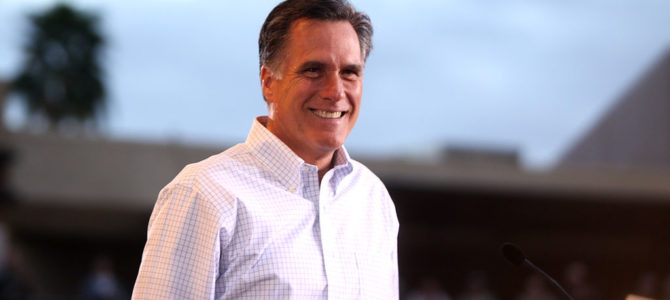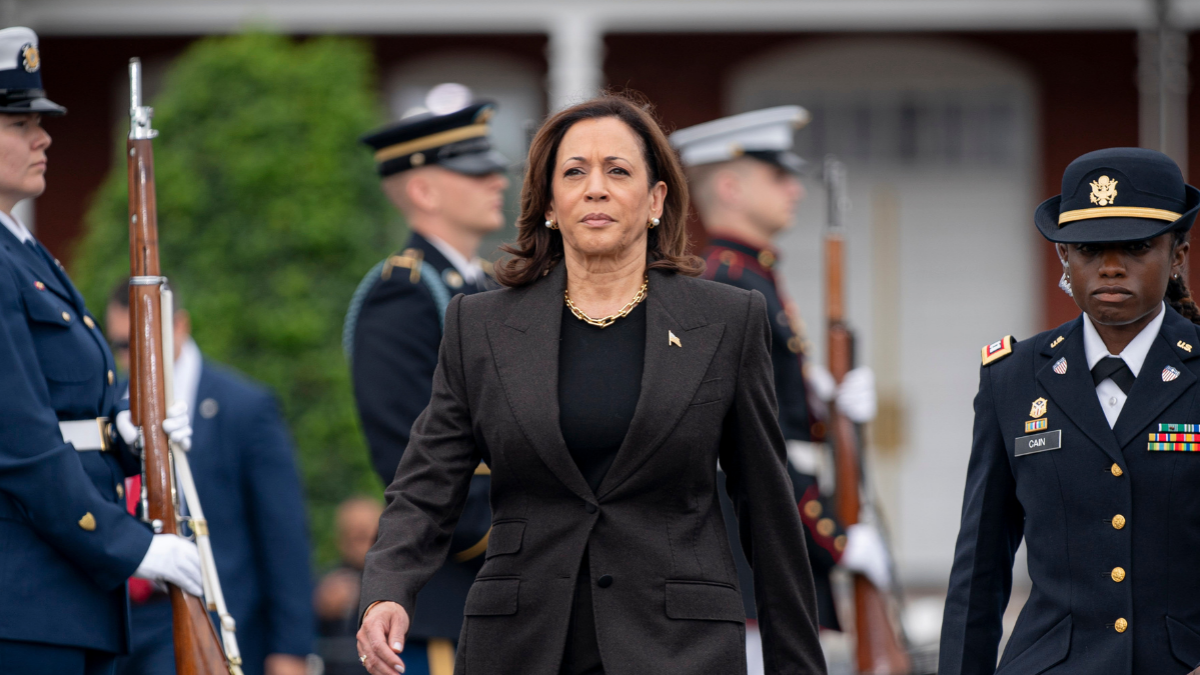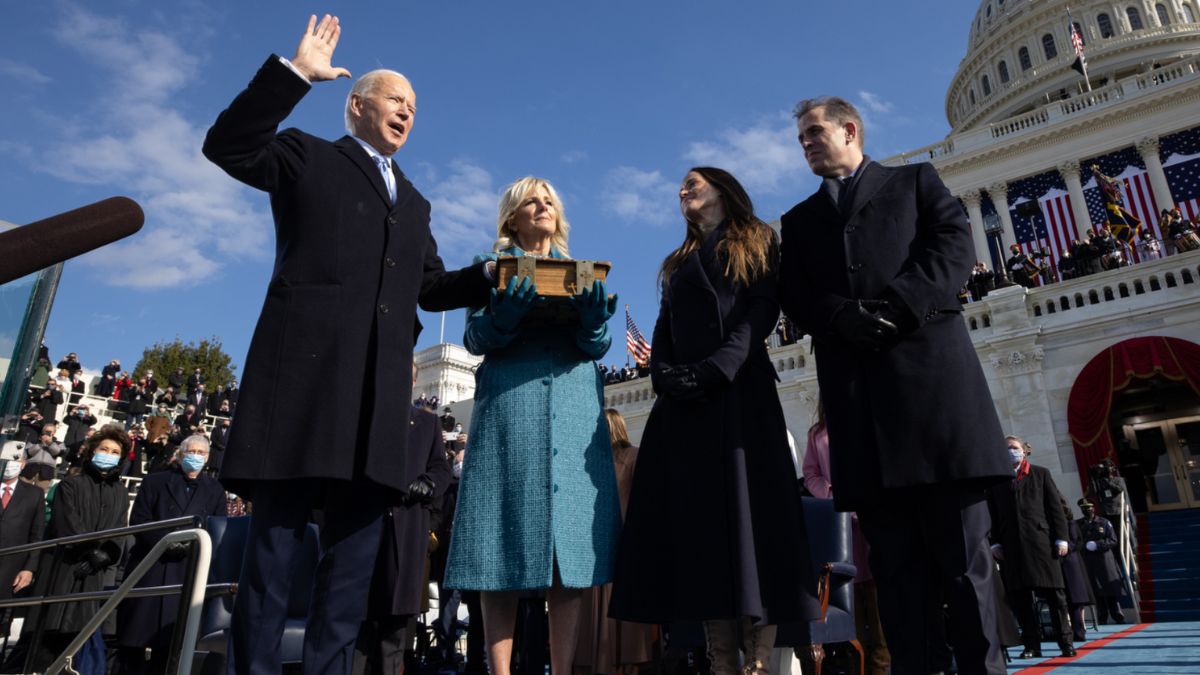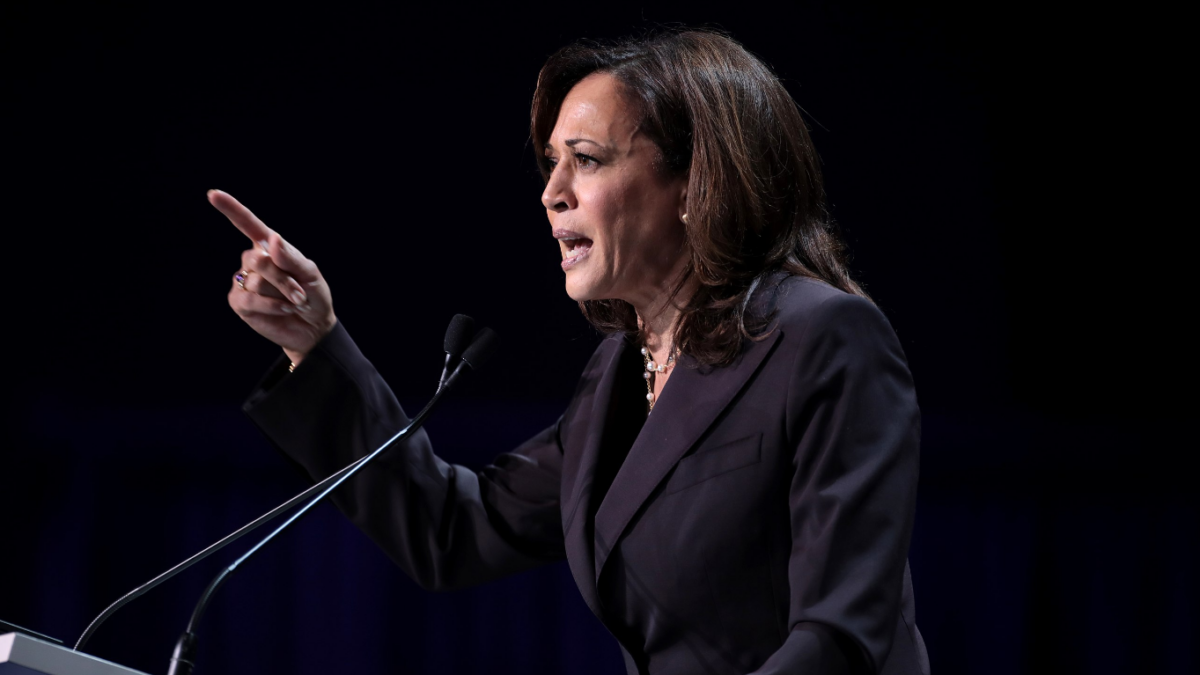
After 42 years, it is time Utah changes up senators. When incumbent Sen. Orrin Hatch was elected to his seventh term in 2012, he vowed it would be his last. Recently, however, the 83-year-old told KUTV he will run again—unless his friend Mitt Romney calls him and says he would like to run. Then Hatch would step aside.
Here are seven reasons Romney should take Hatch up on that offer.
1. Gives Utah Time to Find a Long-term Solution
According to The Salt Lake Tribune, 75 percent of voters said Hatch should not run again. By 2024, he would be 90 years old. His age alone may disqualify him from winning if does commit to a 2018 run. That same poll shows Romney would be the first choice for 44 percent of surveyed voters, the highest of any candidate.
At 70 years old, Romney could realistically only serve one, possibly two, terms. If he were to run and win, then the state would have several years to find its next long-term Senate solution. The other potential Republican choice, 45-year-old Mia Love, a first-term U.S. representative from Utah’s Fourth District, has fewer voters backing her (8 percent) than likely Democratic Senate nominee Jenny Wilson (15 percent). This indicates a Love victory is not guaranteed if she decides to run for the spot.
By 2024 or 2030, Utah may have a young and popular candidate in-state to take over for the political veteran and serve for several decades.
2. Utah’s Rejection of ‘Trumpism’
Utah is one of the most conservative states in the country, but President Donald Trump and Steve Bannon’s brand of “populist nationalism” is not exactly popular there. Although Utah native Evan McMullin announced his 2016 presidential campaign just three months prior to election day, the former CIA operations officer received 21.54 percent of the vote in his home state. Trump won Utah, but only received about 45 percent of the vote—the lowest percentage he received in any state he won.
Romney is no friend of Trump’s. In June 2016, Romney said his conscience prevented him from voting for either Trump or Hillary Clinton in the general election. That opposition to Trump is similar to the opposition many Utahns showed the president in the voting booth and may have earned Romney more respect among local voters.
3. Identity Politics
Church and state are separated in the United States, but their religious values still influence people’s votes. In 2012, Gallup reported that 18 percent of the country would not vote for a Mormon regardless of his or her qualifications, which hurt Romney’s chances nationally. In Utah, however, his faith could help him.
Utah is the only state where The Church of Jesus Christ of Latter-day Saints is the majority religion (60 percent). Romney is a practicing Mormon, who spent 2.5 years doing a mission in France in his early 20s.
That religious affiliation served Romney well both times he ran for president. He received 89.49 percent of the popular vote in Utah’s 2008 Republican primary. Four years later, he got 93.1 percent of Utah’s vote in the primary and 72.6 percent of the popular vote in the general election against Barack Obama. It was the highest percentage of votes for a Republican candidate in Utah’s general election since Ronald Reagan.
4. Endorsements
Regardless of whom he runs against, Romney would likely have more support nationally. In June, former vice president Joe Biden encouraged Romney to run for Senate despite being on opposite sides of the 2012 presidential election. Romney would also likely earn the endorsements of many of his GOP counterparts. In 2012, all three living Republican presidents (George H.W. Bush, George W. Bush, and Donald Trump), and their vice presidents (Dick Cheney, Dan Quayle, and Mike Pence), showed support for Romney.
Surely, he would also have the support of Utah Gov. Gary Herbert, who had a 64 percent approval rating in-state back in April, according to Morning Consult.
5. Experience with Utah
The former Massachusetts governor’s resume might not look overly impressive, since he was a one-term governor of Massachusetts who unsuccessfully ran for president twice. However, Utah supported him overwhelmingly both times he ran for president and his political rise is partly due to his success as a businessman in the state.
After losing in the 1994 Massachusetts Senate race to the late Ted Kennedy, Romney took a job as the president and CEO for the Salt Lake Organizing Committee for the Olympic and Paralympic Winter Games of 2002 back in 1999. Romney helped turn an operation that was struggling financially into a success, with a $100 million surplus remaining in its $1.3 billion budget. During that time, Romney showed the state he could manage one of the biggest undertakings in state history
6. Keeps Him Out of 2020 Presidential Election
Romney is ninth months younger than Trump, so he would not be “too old” to run for president again. Since he is a prominent Republican who does not necessarily support Trump, there is a possibility he could challenge Trump in a 2020 Republican primary. Ohio Gov. John Kasich and “Shark Tank” businessman Mark Cuban plan to run long-shot campaigns against Trump, but a Romney campaign could further divide and harm the party.
Of the last six presidents challenged by their own party in the primary (Harry Truman, Lyndon B. Johnson, Richard Nixon, Gerald Ford, Jimmy Carter, and George H.W. Bush), five lost the ensuing general election. The one victor, Nixon, resigned midway through his second term. If Romney were to contribute to that divide or run an Independent campaign, it would significantly increase the odds of a win for the Democrats.
7. Bipartisanship
A red politician who served in one of the bluest states in the nation (Massachusetts), Romney has shown that he can work with both sides of the aisle in his political career. Romney inherited a $3 billion deficit and turned it into a $700 million surplus from 2003 to 2006 in his state’s budget and passed health-care reform working with a state legislature that was 85 percent Democrat.
If that is any indication, he can work with both sides in Washington to enact an agenda and not let personalities interfere with his ability to work with Trump.









